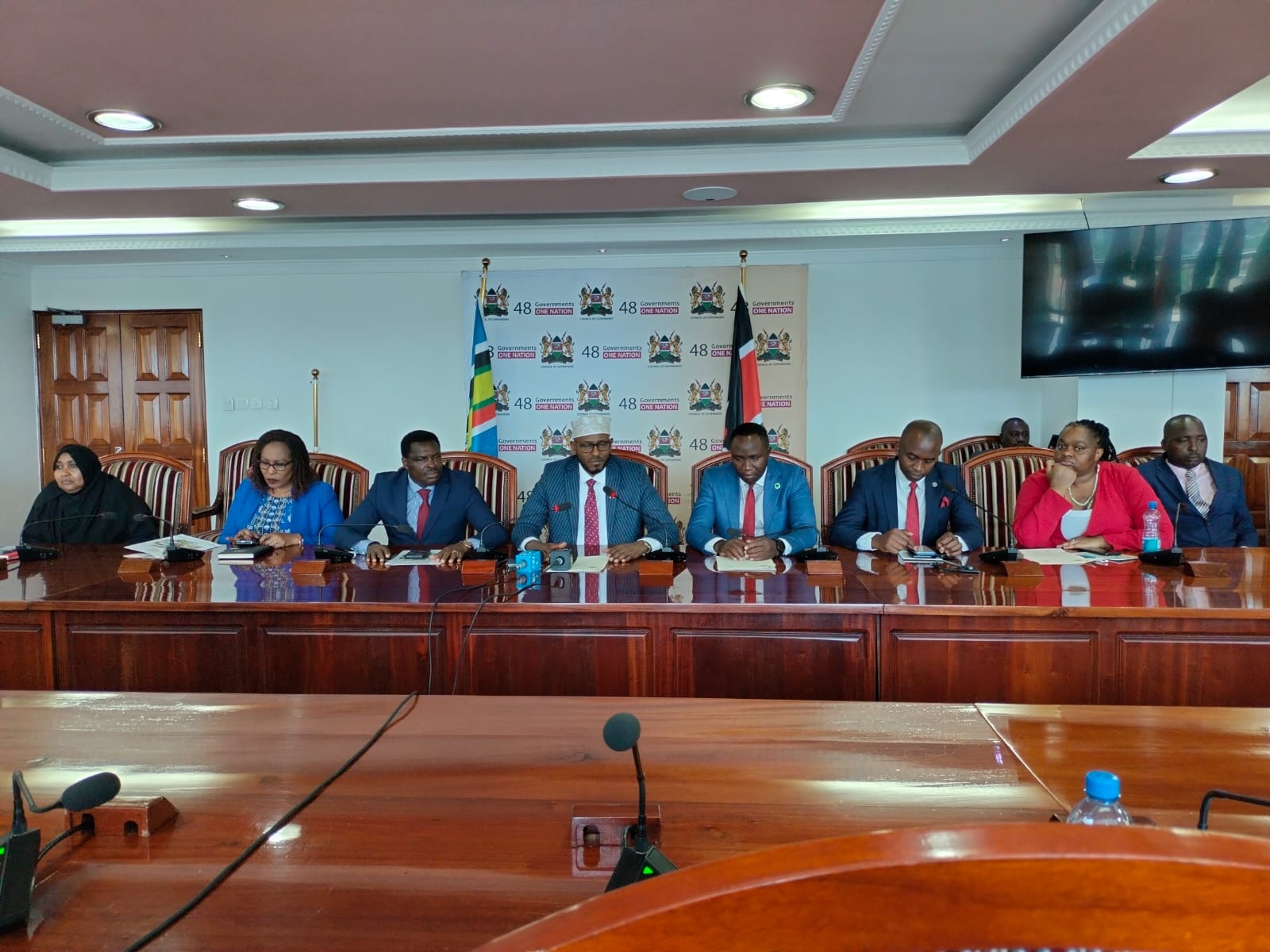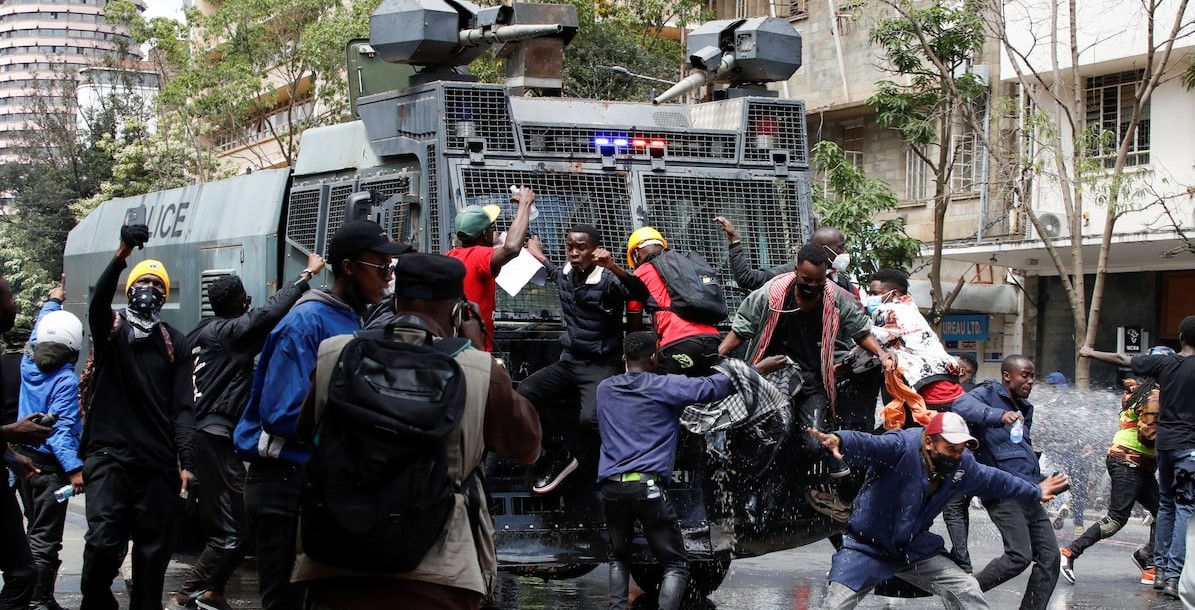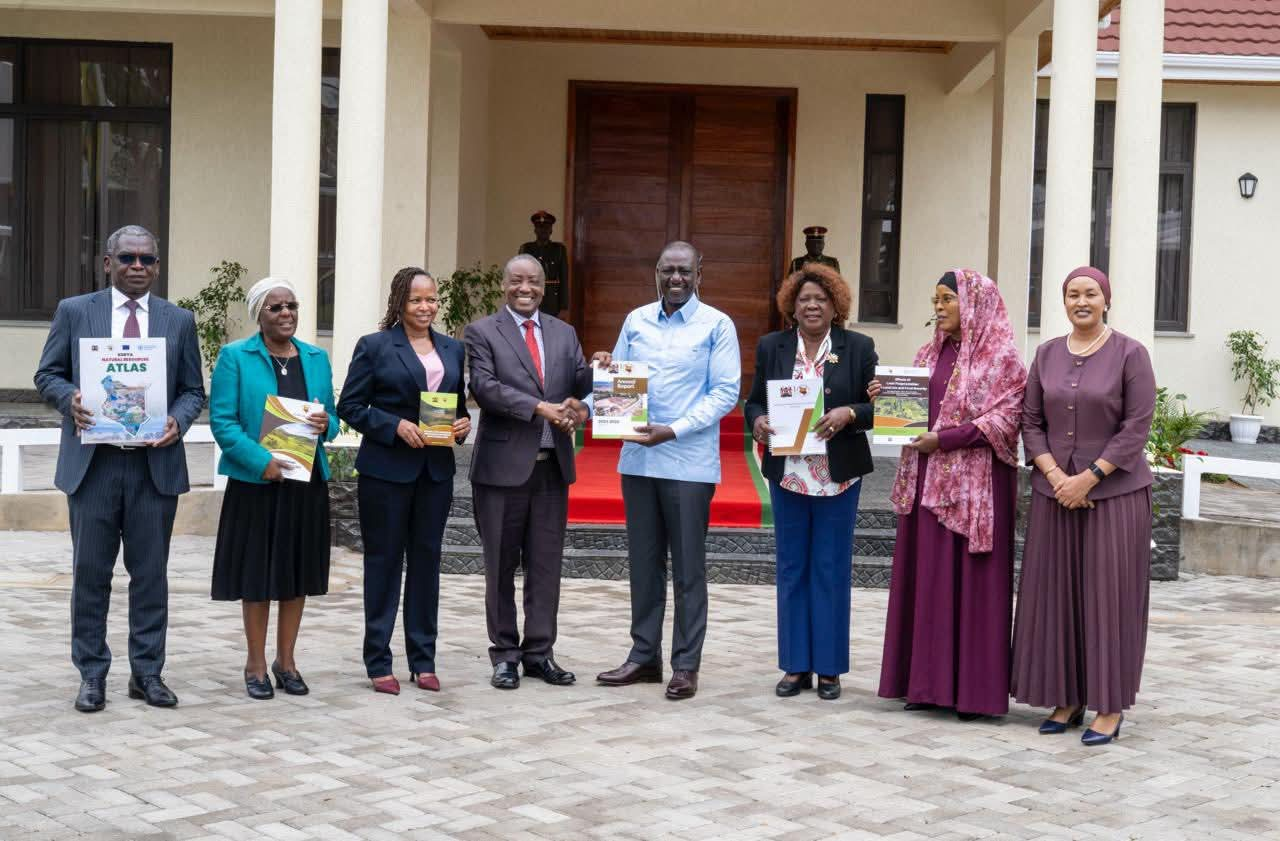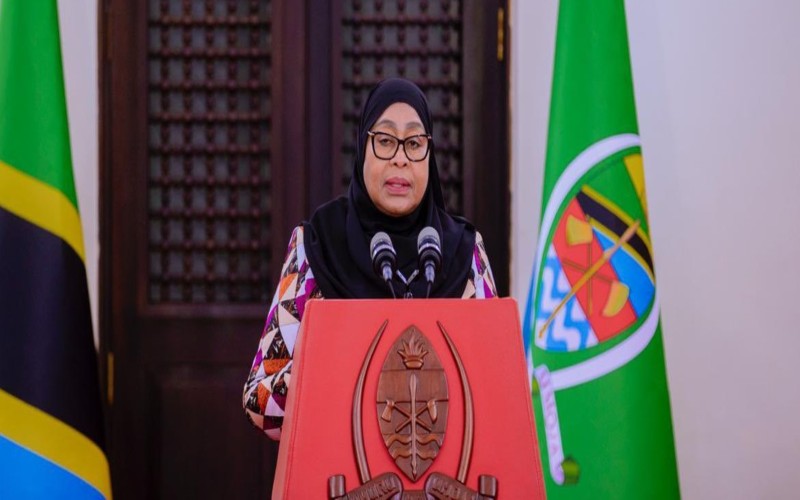Schools forced to fundraise after Ministry of Education fails to release festival funds
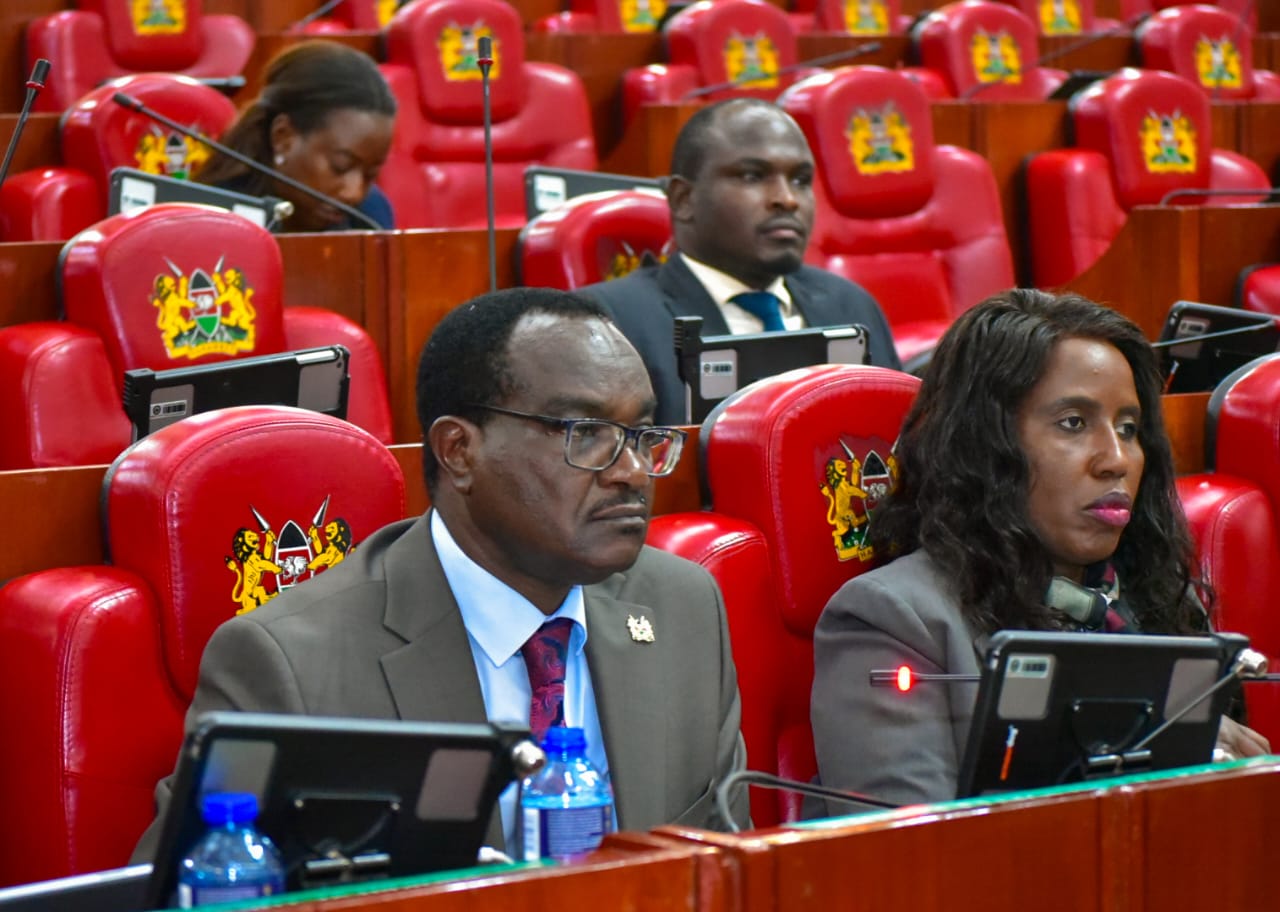
The national event has been marred by reports of last-minute fundraisers, stranded learners and schools withdrawing from the festival due to a lack of support from the government.
Dozens of students participating in the ongoing Kenya Music Festival have been left stranded after the Ministry of Education failed to release facilitation funds, prompting angry reactions from Members of Parliament who accused Education Cabinet Secretary Julius Ogamba of neglect.
The national event, which is taking place from August 4 to 14, has been marred by reports of last-minute fundraisers, stranded learners and schools withdrawing from the festival due to a lack of support from the government.
More To Read
- Over 44,000 schools cleared for capitation as audit uncovers 87,000 ghost learners
- MPs outraged as Education CS reveals Sh1.1 billion paid to ghost students in public schools
- CS Ogamba renews call for university staff to resume work
- Capitation withheld from 29 schools pending verification, Education CS Ogamba tells MPs
- UASU, KUSU reject revised offer as lecturers' strike hits day 39
- Capitation crisis forces early school closures nationwide
MPs expressed outrage during a heated session in Parliament, accusing CS Ogamba of failing to act despite knowing the event happens annually.
“Mr Speaker, as of today, midday, schools are still desperately fundraising just to attend the national festivals. This is not a new event. It’s planned every year, yet here we are again. The Ministry has not communicated how much money is being sent, when it will be sent, or if it will all be sent. The Cabinet Secretary owes this House and the public a clear explanation,” Emuhaya MP Omboko Milemba said.
Milemba, who also chairs the National Assembly’s Education Committee, further criticised the CS for dismissing long-running concerns that county and sub-county education directors demand kickbacks from funds meant for school co-curricular activities.
“On the issue of the money that is deducted by the sub-county directors and county directors, the CS has said no such deductions are made. But the truth on the ground is that all the time when funding goes to schools, principals and head teachers are asked to take part of the money back to the Ministry,” he said.
In his response, Ogamba admitted that the funds allocated for co-curricular activities remain inadequate, adding that delays from the National Treasury continue to affect the timely participation of schools in major national events like the music festival.
“It is important to acknowledge the challenges that impact the effective use of these resources. The high cost of national representation strains school budgets, and delays in disbursement of funds by the National Treasury affect timely facilitation, forcing schools to bridge funding gaps. The specialised events like music festivals and performing arts require costumes and instruments, which demand resources beyond the standard learner allocation,” Ogamba explained.
According to the CS, public primary schools receive Sh76 per learner annually for co-curricular activities under the Free Primary Education programme, while secondary schools receive Sh1,500 per learner under the Free Day Secondary Education programme.
However, he noted that these funds are not ring-fenced for specific events like ball games or music festivals.
“The Sh76 and Sh1,500 allocations are not specifically assigned to events like ball games or music festivals. Schools are expected to prepare their own budgets based on their capacity and the activities they intend to participate in,” Ogamba said.
He also explained that the Ministry retains a portion of the capitation, Sh40 per learner in primary schools and Sh500 in secondary schools, for coordination and support at the sub-county, county and regional levels.
“These funds are consolidated and channelled to regional, county, and sub-county offices to facilitate activities at those levels. The remaining amount is sent directly to schools. However, it is important to recognise the challenges that affect the effective use of these resources,” the CS added.
Despite the explanation, many MPs remained unconvinced, calling on the ministry to take urgent action to support the stranded learners and ensure that national co-curricular programmes are fully funded in future.
Top Stories Today

